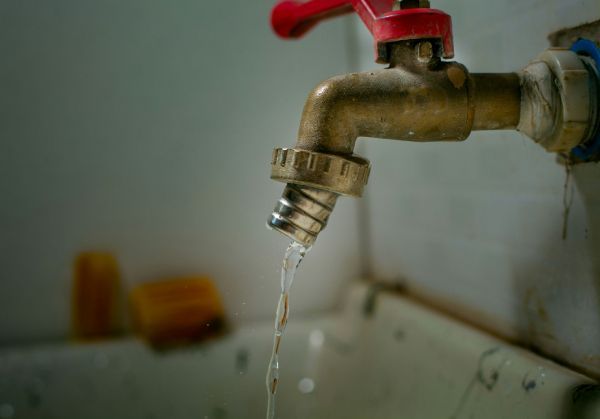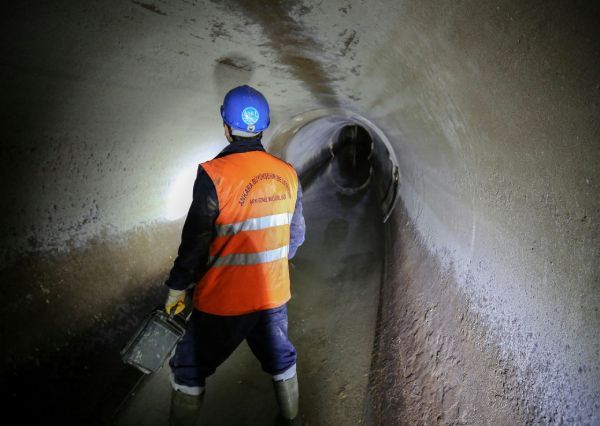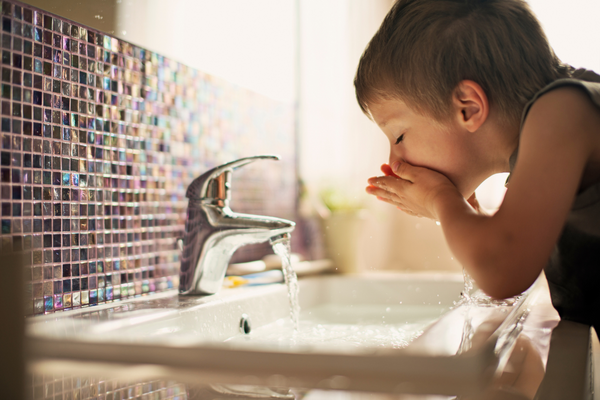Master Plumbers Blog
8 Common Plumbing Hazards at Home and How to Prevent Them
Plumbing is a crucial component of any home’s infrastructure. Sadly, when something goes wrong, a lot of homeowners are unable to solve the issue due to lack of knowledge, experience, or perhaps fear of causing more damage. In some cities like Dunedin with distinct and traditional home architecture and strong environmental factors, the task of addressing plumbing concerns becomes even more formidable.
As such, many opt to collaborate with plumbers Dunedin residents trust—just like home-grown Mains Plumbers— to solve their plumbing problems. Aside from their expertise, competent professional plumbers can also help homeowners save time and spare them from stress.
However, working with plumbers should not only happen when a problem arises. As a responsible homeowner, you should understand how your plumbing system works so that you can spot common problems early on and take steps to prevent them.
In this regard, here are some typical plumbing issues you may encounter frequently in your home, as well as how you can solve and prevent them:
Leaks and Water Damage
Leaks are probably the most common plumbing problem you’ll face at home. This happens due to the natural ageing process of pipes, the breakdown of seals in pipe joints, or rust in older systems. These leaks, even the smaller ones, can cause serious problems like water damage and mould. Depending on the size and for how long the leak has been going on, it can even ruin your home's structure over time.
To avoid leaks and water damage, have your plumbing system regularly checked. Pay special attention to the places where pipes connect to sinks, toilets, and appliances. It’s also helpful to install leak detection devices so that you can fix small leaks quickly and prevent them from causing more damage later on.

Blocked Drains and Toilets
A blocked drain or toilet is often the result of improper disposal of materials such as fats, oils, hair, and other non-biodegradable items. These substances accumulate and clog pipes over time and, ultimately, result in backflow issues that can compromise hygiene and cause water damage.
Prevent this situation by being mindful of what goes down your drains and installing drain strainers to catch hair and other debris. Remind your family members not to flush unnecessary items in the toilet, even those that are labelled flushable (e.g., flushable wipes). You can also maintain clear drain passages through regular cleaning.
Pipe Corrosion Due to Chemical Drain Cleaners
Still, in the topic of drain cleaning and clearing, the frequent or improper use of chemical drain cleaners can corrode pipes and cause leaks. These chemicals also pose health risks. They can potentially burn you if they come in contact with your skin, and they also produce toxic fumes that are harmful to nasal passages when inhaled.
Instead of relying on chemical drain cleaners, switch to more natural cleaning methods or mechanical techniques like plungers or plumber's snakes to clear clogs. For a less harsh chemical approach, enzyme-based cleaners are an effective and safer alternative.

Exposure to Sewer Gas
Sewer gases consist of hazardous compounds like methane and hydrogen sulphide that can enter your home through dry P-traps, compromised seals, or blocked ventilation pipes. When you’re exposed to sewer gas, you may develop health issues, such as headaches, nausea, and more severe conditions with prolonged exposure.
You can avoid this by ensuring that there’s always standing water in all drain traps to form an effective seal against these gases. You should also regularly inspect and fix toilet seals and any leaks. Furthermore, it's crucial to check if your home's plumbing system has adequate ventilation. Proper venting directs these gases safely outside, which significantly reduces the risk of them accumulating inside your living spaces.
Water Heater Issues
If you have a water heater at home, be cautious when using it as these can become health and safety hazards if neglected. Incorrect temperature settings and wear-and-tear over time can lead to scalding, gas leaks, or even pipe bursts. You should also be mindful of proper ventilation. In 2018, a 12-year-old boy in Haast died due to carbon monoxide poisoning caused by an accumulation of gas in their family bathroom. After investigation, it was discovered that the heater was improperly installed and incorrectly certified; the bathroom was also not properly ventilated, which led to the accumulation of harmful gas.
This incident highlighted the importance of proper installation and regular upkeep of water heaters, including sediment flushing and securing proper venting. You can also prevent scalding by keeping the temperature between 50-55 degrees Celsius.

Lead in Drinking Water
Many homes in some parts of New Zealand still have older plumbing systems, often because they are in areas with historical buildings. This means that the water may be contaminated with lead from old pipes, solder, or fixtures. This is particularly dangerous for young children and pregnant women, as lead can negatively affect their development and immune system.
If you think your home might have lead plumbing, get the water tested by a professional immediately. The best fix is to replace old lead parts with newer, safer components. Until then, using certified water filters can help decrease lead exposure.
DIY Plumbing Mistakes
When you encounter a plumbing problem, you might get the urge to repair it yourself—even when you’ve never done so before—simply to address the issue as quickly as possible. This risky behaviour can inadvertently create more problems due to a lack of knowledge or incorrect techniques. Such mistakes can lead to leaks, improper water flow, or even more severe issues that require expensive fixes.
For complex plumbing tasks, hire professionals like Mains Plumbers. If you choose to undertake simpler tasks yourself, ensure you have a thorough understanding of the process and local building codes. Watching instructional videos and reading manuals carefully can also help you prevent mistakes.
High Water Pressure
While high water pressure may be desirable for many people, it can actually strain your plumbing system and cause leaks or bursts. Appliances such as washing machines and dishwashers will also suffer from premature wear due to high water pressure. Avoid this by installing a pressure regulator on your main water line to maintain a safe pressure level within your plumbing system. Regularly check your water pressure with a gauge so that it remains within the recommended limits between 50 and 60 psi.
The More You Know about Plumbing
Now that you have some basic knowledge about common plumbing issues, you’ll be better equipped to keep your home’s plumbing system running smoothly and safely. More importantly, you can hopefully tackle small plumbing problems on your own while also recognising when it’s time to call in the experts.





